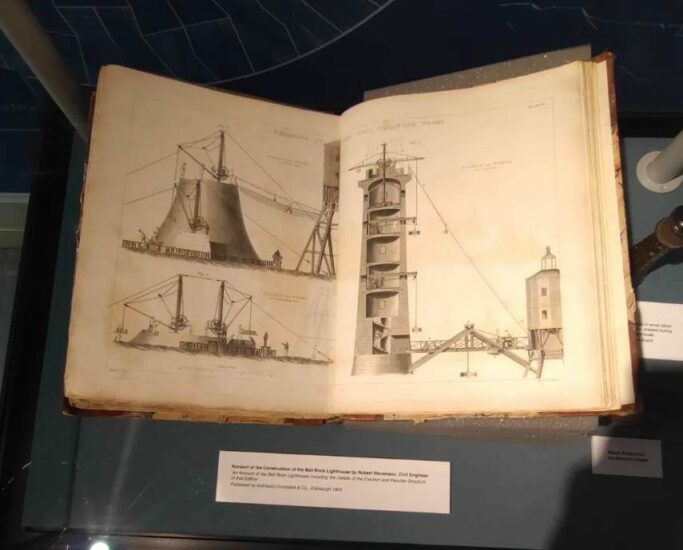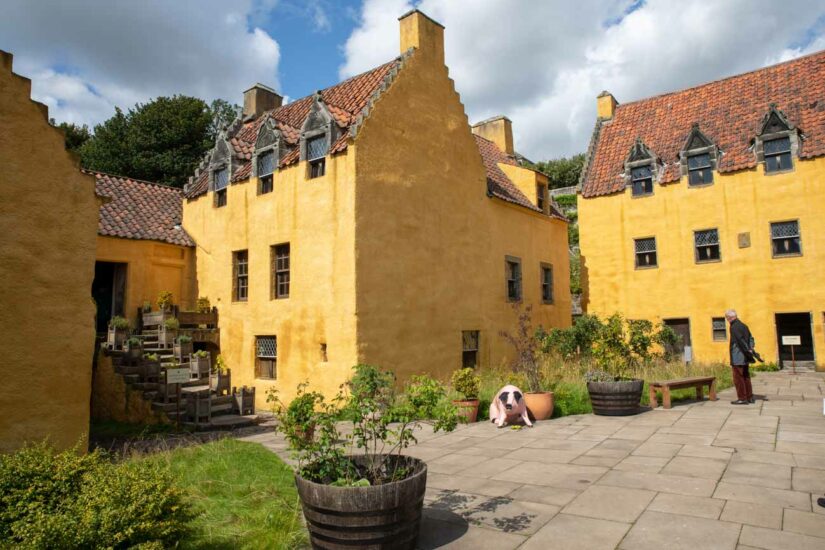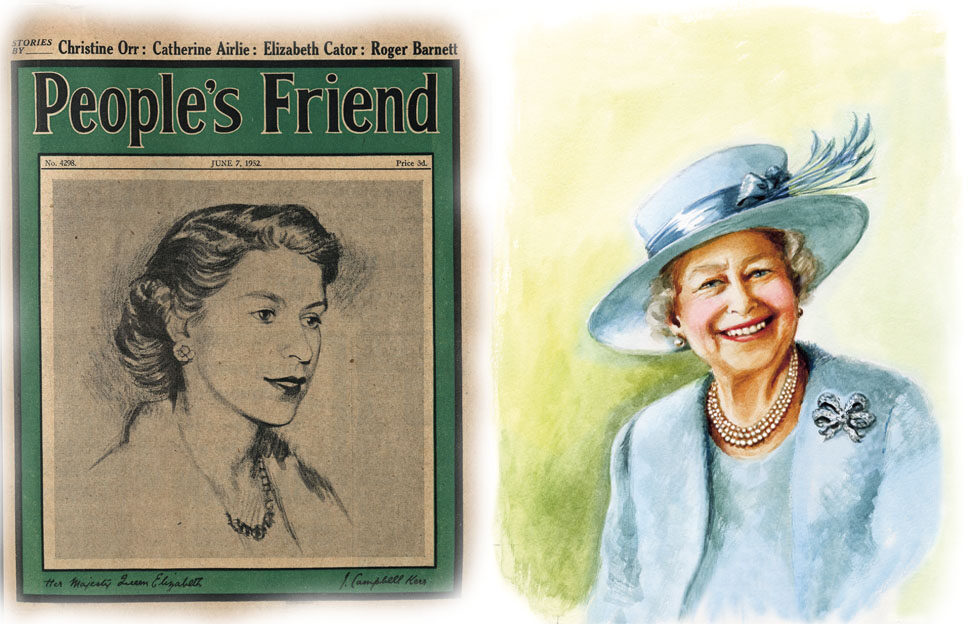
We’re taking a look back at our tribute to Queen Elizabeth II from the Platinum Jubilee Special. Here’s a timeline of events throughout Queen Elizabeth’s life.
1953-1960
May 1953
Reaching new heights in exploration, Sir Edmund Hillary and Tenzing Norgay became the first to successfully climb the world’s tallest peak, Mount Everest. Its Tibetan name Chomolungma means “Mother Goddess of the World”.
May 1954
Leaving the rest of the track runners in his wake, Roger Bannister, a medical student from Oxford, achieved the seemingly impossible by becoming the first to run a mile in under four minutes.
December 1955
Rosa Parks was jailed in Alabama for refusing to give up her bus seat to a white passenger. A young man by the name of Martin Luther King Jr gave support to the civil rights activist with the Montgomery Bus Boycott.
May 1956
A new wave of music was to leave certain members of British society “all shook up” when a young, hip-swivelling American singer hit the UK charts with “Heartbreak Hotel”. Elvis Aaron Presley soon had so many hits his name became “The King”.
December 1958
Britain’s first motorway opened. The eight-mile Preston Bypass became part of the M6, and around 2,300 drivers tested it out on that first day, with Prime Minister Harold Macmillan’s car leading the way.
December 1960
The first-ever kitchen sink drama was aired. Scriptwriter Tony Warren’s “Florizel Street” has earned a deserved place in broadcasting history as the world’s longest-running TV soap. Of course, it’s better known as “Coronation Street”.
1961-1969
February 1961
A little-known band played at the Cavern Club, Liverpool, for the first time, known as the Beatles. Fame soon followed, but surprisingly, perhaps, given their lasting appeal, the Fab Four were together for only eight years.
December 1961
The novel “The Prime Of Miss Jean Brodie” was published. Muriel Spark’s powerful tale of an Edinburgh teacher aiming to make her girls the “crème de la crème” was later brought to the screen by the great Maggie Smith.
March 1963
The Beeching Report was published, heralding sweeping changes with “The Reshaping Of British Railways” in a bid to save money in a costly, outdated transport system. The closing of many lines and stations was very unpopular.
November 1963
American President John F. Kennedy was shot dead in Dallas, Texas, as he rode in his motorcade with his wife by his side. Around two hours later, Lyndon B. Johnson took the oath of office aboard Air Force One.
April 1967
Twiggy appeared on the front cover of the US edition of “Vogue” magazine. Lesley Hornby has come a long way from that London hair salon where a pixie-style haircut and heavy eyeliner helped propel her to fame, becoming the iconic look of the Sixties.
July 1969
Neil Armstrong descended a ladder from the Apollo 11 lunar module and stepped right into the history books, becoming the first man to walk on the Moon. The moment was watched by half a billion people.
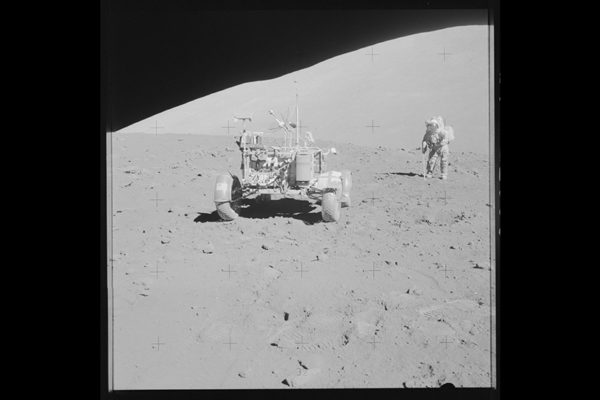
1970-1978
January 1970
The voting age in Britain was lowered from twenty-one to eighteen following the Representation of the People Act 1969. The Conservative Party were voted into power in June 1970 with Edward Heath becoming Prime Minister.
March 1973
Red Rum won the Grand National for the first time. It was a feat he would go on to repeat in 1974 and 1977. He was the first and only horse to date to have accomplished this record-breaking achievement.
April 1973
Who would have known when that first mobile phone call was made back in 1973 how reliant we would all become on this particular technology? It was an engineer at Motorola who made that very first call.
October 1975
Hollywood favourites Elizabeth Taylor and Richard Burton married for the second time. They exchanged vows in Botswana, but sadly the couple parted the following year.
October 1975
Queen’s “Bohemian Rhapsody” defied all music conventions, being a mash of genres with a length of a smidge under six minutes! The public loved it, despite not knowing what the lyrics meant, and it went on to hit the top spot in the charts.
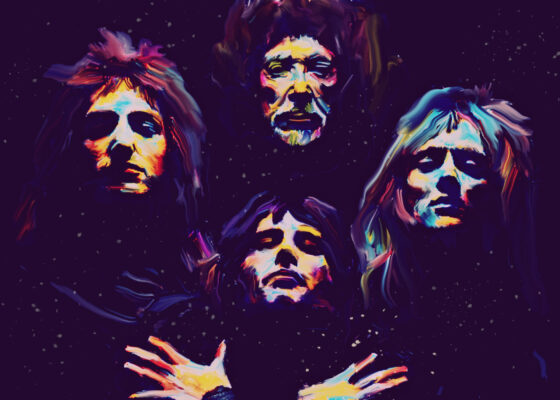
Shutterstock.
July 1978
The first ever IVF baby was born at Oldham General Hospital in Manchester, thanks to a collaboration between Patrick Steptoe and Robert Edwards. Louise Joy Brown weighed 5 lbs 12 ounces at birth.
1980-1989
December 1980
The world mourned the tragic death of John Lennon. The former Beatle, who had hits with “Imagine” and “Give Peace A Chance”, was killed by a “fan” who only earlier that day had obtained an autograph from him.

Shutterstock.
October 1982
The Mary Rose was raised from her watery bed in the Solent after 437 years. Once part of Henry VIII’s Navy, she was sunk in 1545. The ship’s remains can be viewed in the port city of Portsmouth, where she was built.
January 1983
In a bid to improve safety, the wearing of seat belts for drivers and front seat car passengers became mandatory. Despite previous safety campaigns, it took the passing of this law before the message was driven home.
December 1984
In order to raise money to help the famine in Ethiopia, Band Aid released a single “Do They Know It’s Christmas?” The charity group, including music greats such as Phil Collins and David Bowie, was founded by Bob Geldof and Midge Ure.
March 1989
Computer expert Tim Berners-Lee was keen to find a platform on which data could be shared among fellow scientists. This initial thought evolved into the World Wide Web and billions of us now use it every single day.
November 1989
In a momentous event in world history, the Berlin Wall dividing East Germany from West Germany began to come down, ending 28 years of division. Almost none of the wall remains today.
1990-1999
February 1990
After 27 years of incarceration, Nelson Mandela was released from prison in Cape Town. Just four years later Mandela became president of South Africa.
August 1990
A massive discovery was made in South Dakota when archaeologist and palaeontologist Susan Hendrickson uncovered the most complete skeleton of a T-Rex ever found. Named Sue in her honour, the fossil is 90% complete and around 67 million years old.
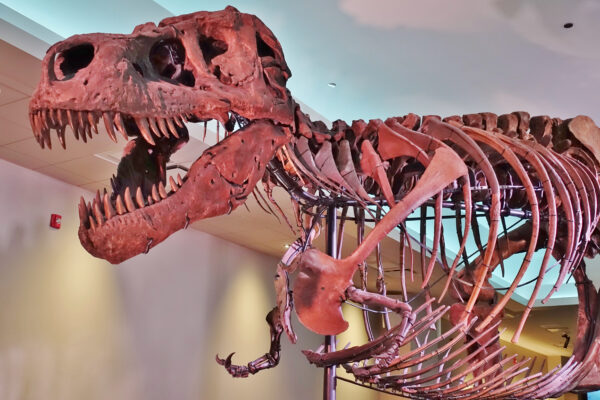
Shutterstock.
May 1994
The official opening of the Channel Tunnel, often regarded as a wonder of the modern world, took place. None other than Her Majesty Queen Elizabeth II and François Mitterrand attended the opening.
June 1997
It was a rags-to-riches tale when J.K. Rowling published her first novel “Harry Potter And The Philosopher’s Stone”. Only around 500 hardback copies were printed in that first run and they now sell for thousands of pounds.
January 1998
“Titanic” won 11 Academy Awards, matching the record set by “Ben-Hur” released back in 1959. Surprisingly, lead actors Kate Winslet and Leonardo DiCaprio both missed out on a gong.
January 1999
The Euro was launched as an electronic monetary unit, but it would be 2002 before it would become hard cash you could physically handle. Twelve different European currencies were swapped over.
2000-2008
January 2000
Fears simmered in the approach to the year 2000 with talk of a millennium bug set to wreak havoc on computer systems. Thankfully, most people welcomed in the New Year without any catastrophe.
March 2001
The Eden Project opened in Cornwall, transforming the landscape of the disused china clay site. The ambitious venture not only enabled a huge variety of plants to thrive, but tourism, too, with 1.2 million visitors in that first year of opening.

Shutterstock.
November 2003
Concorde was finally grounded for good after 27 years. Flying at almost twice the speed of sound, the aircraft initially cut travelling time between Heathrow and New York from around eight hours to approximately three.
February 2004
Mark Zuckerberg founded Facebook. Initially the idea was to create a social media platform where his fellow Harvard students could come together. Within a day, more than 1,000 people had an account and it rapidly spread.
October 2007
A remarkable 25 ft replica of the Golden Anubis sailing under Tower Bridge certainly got tongues wagging to herald the arrival of the Tutankhamun And The Golden Age Of The Pharaohs exhibition at the O2.
September 2008
As a result of defaults on mortgage-backed securities, the stock market crashed and brought the financial system to its knees. The ripple effects would last for many years to come.
2010-2019
March 2010
The eruption of Eyjafjallajökull in Iceland forced the closure of European air space and some people to be evacuated. Although the resulting ash clouds brought widespread disruption for days, there were thankfully no fatalities.
August 2012
When London played host to the Olympics in 2012, one golden day stood out. In what was later dubbed Super Saturday, Jessica Ennis, Greg Rutherford and Mo Farah all scooped gold in their respective disciplines.
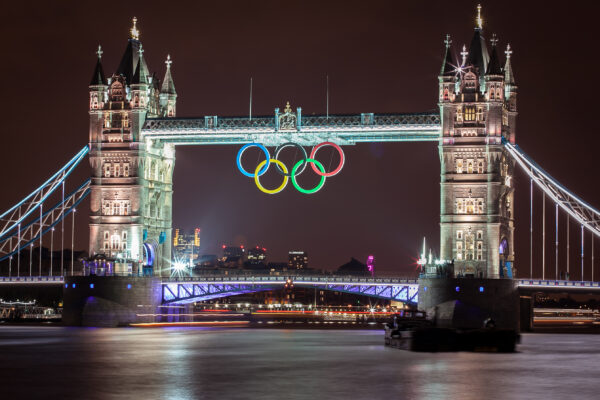
Shutterstock.
July 2013
Ending a 77-year-long wait, Andy Murray became the Wimbledon men’s singles champion. The last British man to do so was Fred Perry back in 1936. Andy only went and did it again in 2016.
October 2018
The Sotheby’s auctioneer’s hammer concluded the sale of a Banksy painting “Girl With Balloon”. Moments later, art lovers watched in horror as the artwork, which sold for more than £1 million, was deliberately partially shredded.
January 2019
Cakes were baked and a year of celebrations organised to mark the 150th milestone anniversary of “The People’s Friend” magazine. From the first publication in 1869, the reader remains, as always, at the heart of everything we do.
April 2019
A fire broke out at the 800-year-old Notre Dame Cathedral in Paris as huge crowds gathered at a distance and watched in horror as the spire collapsed amid the leaping flames and billowing smoke.
Read Ian Lloyd’s obituary to Queen Elizabeth’s life.


